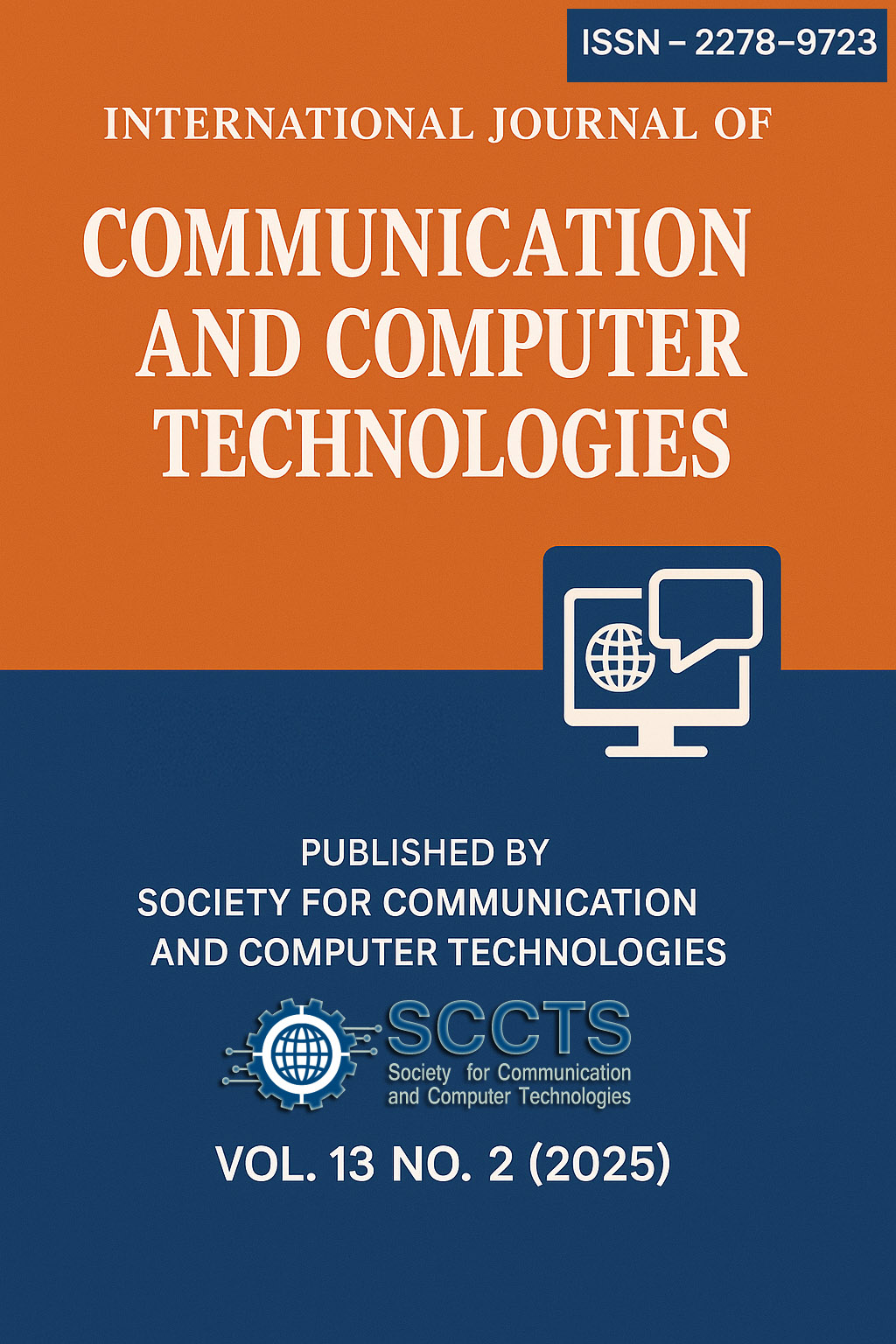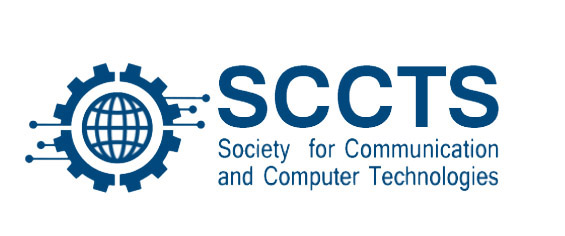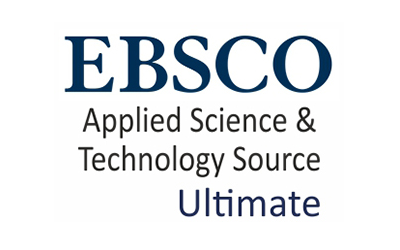IoT-based Optimal Energy Management in Smart Homes using Harmony Search Optimization Technique
Keywords:
Smart Homes, Internet of Things, Energy Management, Harmony Search optimization, Energy Savings, Renewable Energy Resources, Energy Storage Systems.Abstract
The Internet of things (IoT) has a variety of application domains including smart homes. A smart home is an automated intelligent home where IoT technologies are used to remotely control home appliances, manage home energy, enhance home security, and increase the comfort of home residents. On the other hand, renewable energy resources are highly speared to cover huge electricity demand. To save more energy and maximize energy efficiency, smart homes are engaged with energy management systems. Energy management and optimization solutions can help in decreasing the overall cost of energy while optimizing all operational performance. This paper presents an IoT-based optimal energy management approach depending on the Harmony Search optimization technique to save energy usage in smart homes. PV and wind renewable energy systems are used to feed the home with electricity. These on-site energy sources help smart homes to decrease their dependence on power from the electricity grid. Energy
storage systems are used to maintain energy system reliability due to the inherent randomness and intermittence of solar radiation and wind speed. The proposed algorithm depends on-demand response to the price variations in the electric energy over time and applies the Time-of-Use pricing principle for controlling household appliances. IoT technology is applied to exchange data between household appliances and the control center, in addition, to communicating both energy management systems and security systems with the control center. In this paper, the IoT system is based on ZigBee wireless technology which is described as the lowest power consumed wireless technology. The algorithm is applied to a proposed building consisting of five floors, each floor contains two apartments with a total area of 200 meters for one apartment. The obtained results prove the efficacy of the proposed Harmony Search-based optimization method in saving energy and reducing electricity bills in smart homes while satisfying the required constraints. Additionally, the performance of the proposed algorithm is validated against four AI algorithms including Genetic Algorithm, Artificial Immune System, Ant Lion Optimization, and Bat Algorithm. In addition to its simplicity in programming and formulation, the conducted comparison demonstrates a similarity in the results with an advantage in the proposed algorithm in improving both the electricity cost-saving and elapsed runtime
Downloads
Published
How to Cite
Issue
Section
License
Copyright (c) 2024 International Journal of communication and computer Technologies

This work is licensed under a Creative Commons Attribution-NonCommercial-ShareAlike 4.0 International License.





 The articles in Worldwide Medicine are open access articles licensed under the terms of the
The articles in Worldwide Medicine are open access articles licensed under the terms of the 